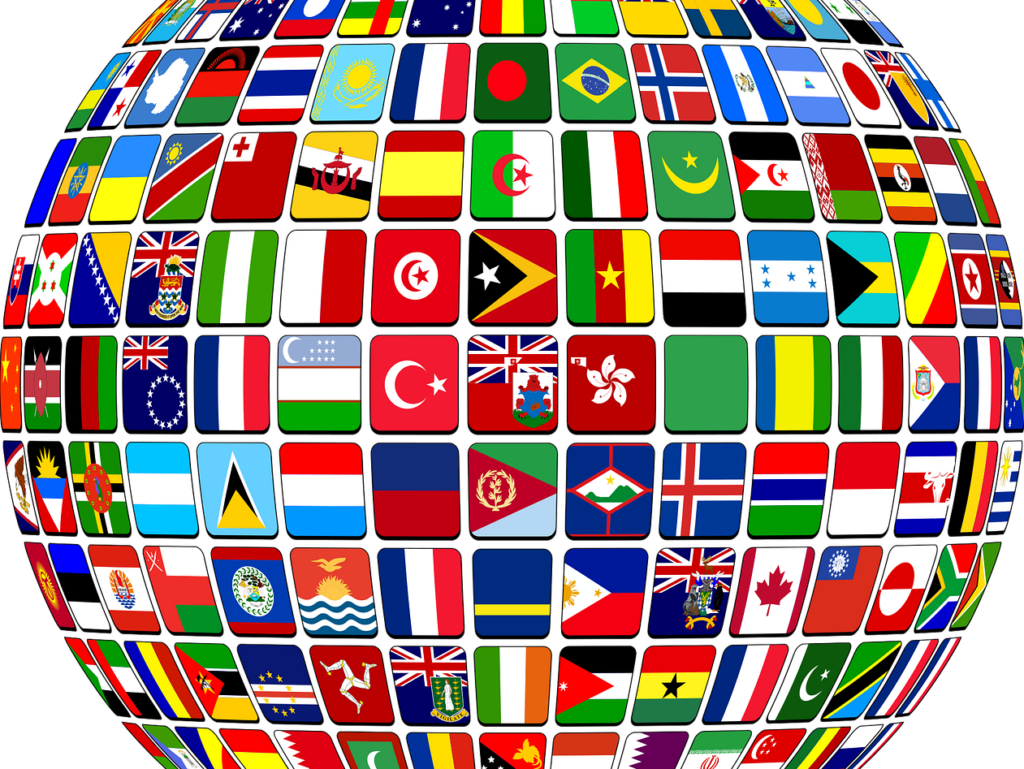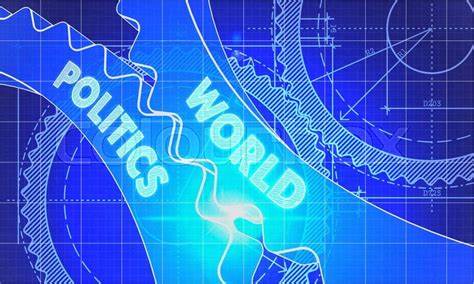In the intricate tapestry of global politics, myriad challenges and controversies weave together, shaping the course of nations and the fate of their citizens. This article delves into the multifaceted issues concerning politics around the world, shedding light on the intricacies that define the contemporary geopolitical landscape.
Rising Populism: A Global Phenomenon
In recent years, a surge in populist movements has rippled across the globe, challenging established political norms. From Europe to the Americas, political landscapes are being reshaped by charismatic leaders who leverage public discontent. The allure of populist rhetoric, often centered on nationalistic sentiments, confronts traditional political paradigms, leaving societies polarized and governments grappling with uncharted territory.
Technology’s Impact on Political Discourse
The advent of the digital age has revolutionized political communication, introducing both opportunities and pitfalls. Social media platforms wield unprecedented influence, shaping public opinion in real-time. The echo chambers they create, however, amplify existing divisions, fostering an environment where misinformation thrives. The evolving dynamics of technology in politics demand a nuanced understanding to navigate the fine line between connectivity and discord.
Globalization and Its Discontents
While globalization promises interconnectedness and shared prosperity, its benefits remain unevenly distributed. Disparities in economic development, coupled with cultural clashes, fuel anti-globalization sentiments. As nations grapple with striking a balance between international cooperation and protecting domestic interests, the challenges of fostering inclusive growth on a global scale become increasingly apparent.

Environmental Concerns: A Cross-Border Imperative
The specter of climate change looms large, transcending national borders and demanding collective action. Political leaders face the arduous task of navigating the delicate intersection between environmental stewardship and economic interests. The urgency to address climate issues necessitates international collaboration, underscoring the interconnected nature of politics in the face of a shared planetary crisis.
Human Rights and Geopolitical Realities
Balancing the pursuit of human rights with geopolitical pragmatism remains a perpetual challenge for policymakers. The ethical considerations surrounding issues such as refugees, authoritarian regimes, and civil liberties underscore the delicate dance between advocating for universal rights and acknowledging the complexities of global power dynamics.
The Role of Emerging Technologies in Political Warfare
The 21st century witnesses the emergence of a new frontier in political landscapes: the utilization of cutting-edge technologies in the realm of warfare. Cyberattacks, disinformation campaigns, and artificial intelligence-driven strategies have become potent tools for shaping political narratives and influencing electoral processes. As nations invest heavily in technological advancements, the ethical and strategic implications of these tools demand global attention. Policymakers grapple with the challenge of creating international norms to govern the use of emerging technologies, ensuring a delicate balance between innovation and safeguarding the democratic foundations of political systems worldwide. The evolving nature of political warfare in the digital age requires a forward-thinking approach to mitigate the risks posed by these powerful tools and uphold the integrity of democratic processes on a global scale.
Economic Inequality: A Global Dilemma
The pervasive issue of economic inequality casts a long shadow over political landscapes worldwide. The widening gap between the affluent and the disenfranchised stirs discontent, fostering a fertile ground for social unrest. Political leaders face the challenge of designing policies that not only promote economic growth but also address the root causes of inequality. Bridging this gap is essential for creating a stable. Harmonious global society, where prosperity is shared equitably among nations and their citizens.
The Erosion of Diplomacy: Rising Tensions and Power Shifts
Geopolitical tensions are on the rise, with traditional diplomatic norms facing unprecedented challenges. As power dynamics shift, alliances are redefined, and the concept of soft power undergoes a metamorphosis. The erosion of diplomatic channels heightens the risk of conflicts. Demanding astute diplomatic skills to navigate the complexities of an increasingly volatile international arena. The delicate balance between competition and cooperation requires a strategic approach to ensure global stability in the face of evolving political realities.
In the intricate web of global politics, navigating the challenges requires a nuanced understanding of the interplay between populism. Technology, globalization, environmental concerns, and human rights. As nations grapple with these issues, the world watches, recognizing that the solutions lie not in isolation. But in collaborative, informed, and adaptive approaches to the ever-evolving dynamics of political landscapes worldwide.

